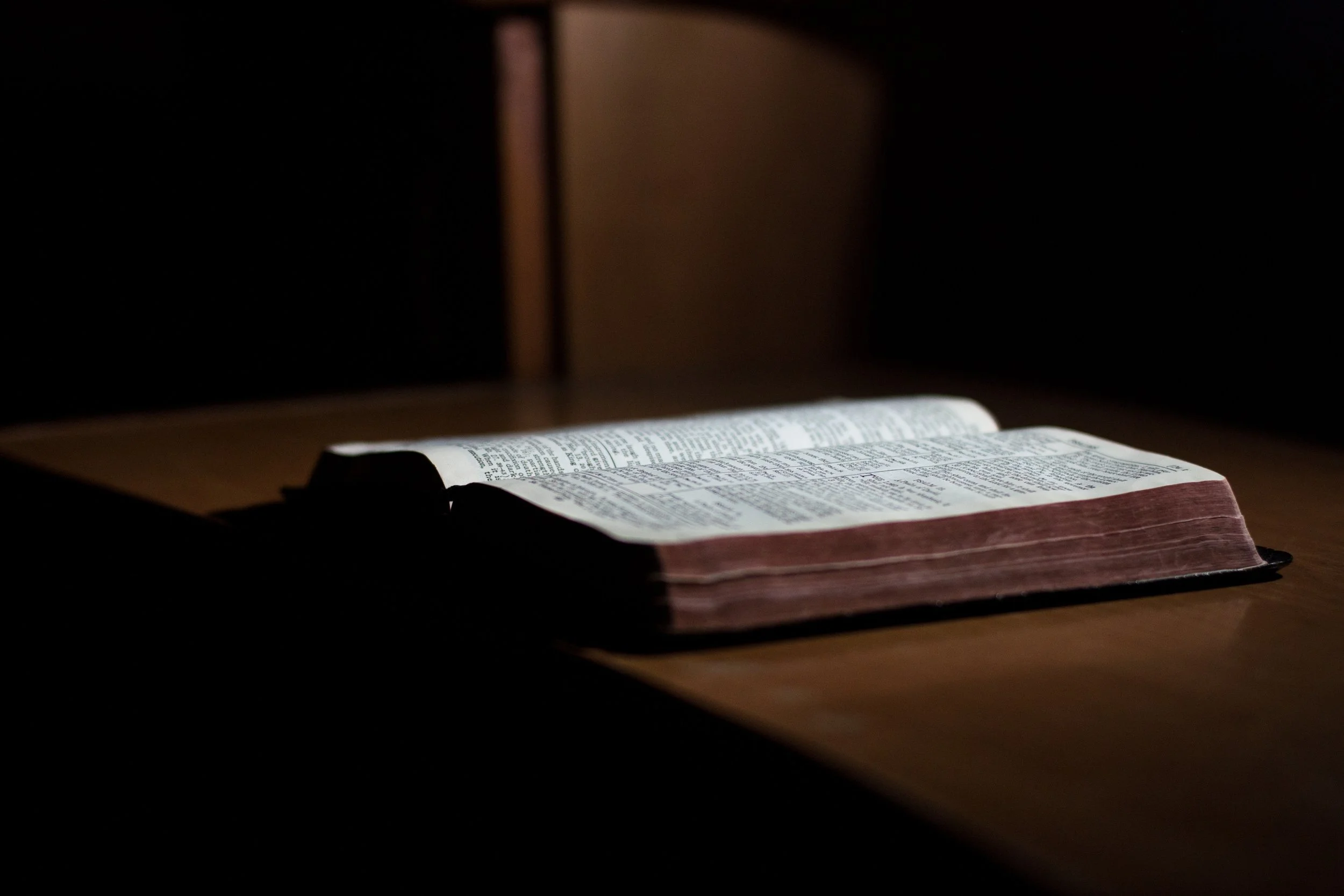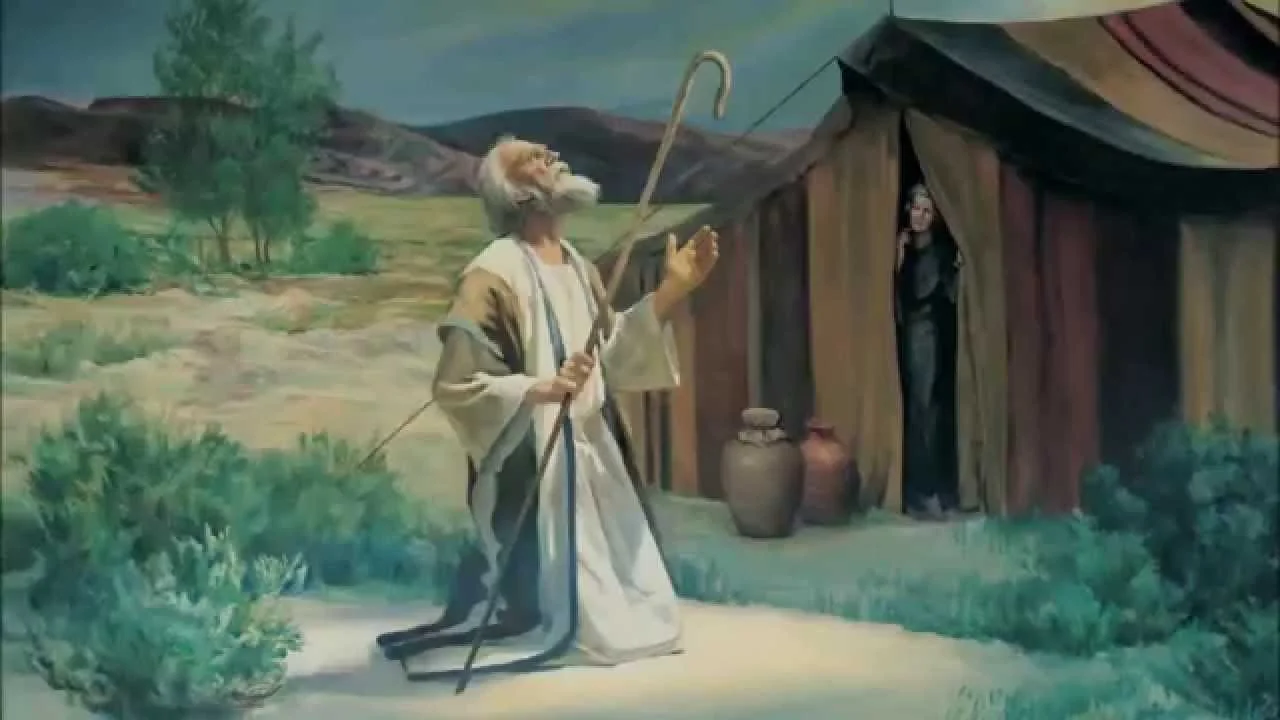This week we are presented with Biblical characters who want God to demonstrate his greatness. They want him to prove his justice, his deity, even his frugality. In effect, they say, prove that you are God.
Such demands are easy to make from positions of privilege. Job had wealth. The Pharisees were ethnic and religious elites. Still, our insistence that God prove himself comes from something deeper, a sinful human nature, which reasons that a God who does not bless or recognize us in ways we expect must not be a great God at all.
Naturally, insolent questions bring about disappointing answers. Job is left wondering. The Pharisees harden their hearts. Even when he heals, cures, cleanses, and chases the demons away, the sinner is left unimpressed by the humble rabbi who does not look like the Son of God. And it’s easy for us to follow suit when we find ourselves facing God’s hard teaching and discipline.
But Jesus humbles himself to reach the unworthy, the sick in need of a physician. That humility culminates in his death on the cross for us, and his resurrection points ahead to the glory we we had always hoped to see. This week, as we see his transfiguration, we get a glimpse, a firm reminder that his glory is coming - but for now, while we live in this world, God shows his glory in weakness.
So, on the eve of the Lenten season, we prepare ourselves to labor and suffer and sacrifice in the steps of our Savior, but we do so with surprising joy, learning as Job learned that our Redeemer lives, and in our flesh, we will see God.


